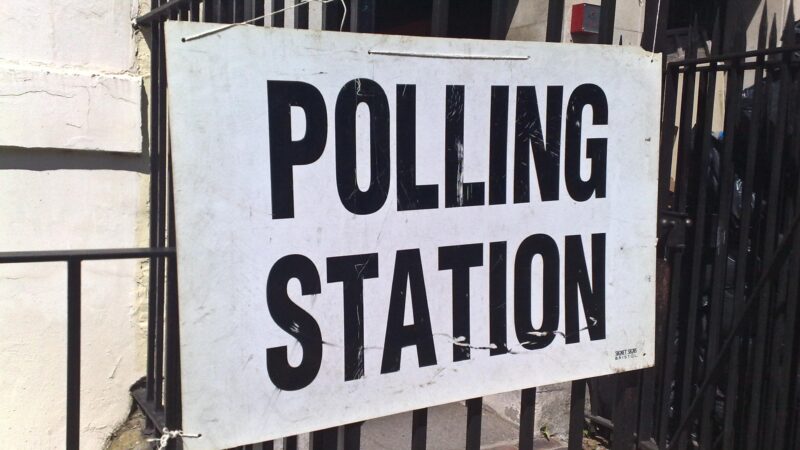59% of low-income voters who did not vote in 2017 say they will next time round.

Low-income voters have “increasing power and importance” in British politics, according to a report released today.
59% of low-income voters who did not vote in the 2017 election now say they plan to vote at the next one, following a seven percentage point increase in lower income voter turnout between 2015 and 2017.
At the last election there was 130 seats in which the majority won was lower than the number of low-income swing voters in the constituency, leading a report by the Joseph Rowntree Foundation (JRF) to conclude that all parties could gain support “by listening to the concerns of these voters”.
“It is time for the concerns, hopes and ideas of people living on a low income to rise to the centre of politics,” the report says.
Researchers found that voters from low-income backgrounds are more likely to vote Labour than Conservative, but that these voters are now “less tribally loyal to one party”. Between 2010 and 2017, more than half of low-income voters changed their party allegiance.
Executive Director of the JRF Claire Ainsley, said: “Low-income voters may now hold sway in very many constituencies across Britain. They feel increasingly locked out of jobs, investment and opportunity.
“All parties must commit to a programme to improving living standards for those who are least well-off, investing in communities so places can thrive, and designing a social security system that enables families to keep their heads above water.”
The report defines low-income voters as people living in a household where someone is working, but they are unable to work enough hours or not be paid enough to reach a decent standard of living.
The report found that most low-income voters “lean left” on economic issues. 68% of voters in the lowest income bracket support government action to reduce financial inequality, while 60% believe cutting benefits would damage people’s lives.
The policies that emerged as the most important to voters on low incomes include improving training and job opportunities and support for more secure tenancies in the private rental sector. More council and housing association homes and guaranteeing social security benefits rise in line with inflation also arose as key priorities.
On Brexit, the group largely reflects the division among the national population, however, are slightly more in favour of no-deal on average.
Despite being slightly more in support of no-deal, the report also found that Brexit does not rank among the most important issues to low income voters.
Joe Evans is a freelance journalist and editor. He is on Twitter: @joeevanswrites




2 Responses to “Low-income voters have ‘increasing power’ in upcoming election – report”
Tom Sacold
Low income voters would be well advised to look at the Socialist Labour Party manifesto and compare it with the Labour Party.
We need a strong British socialist solution to our problems.
Cole
Anyone who wastes their votes on the Socialist Labour Party splits the vote and helps the Tories.